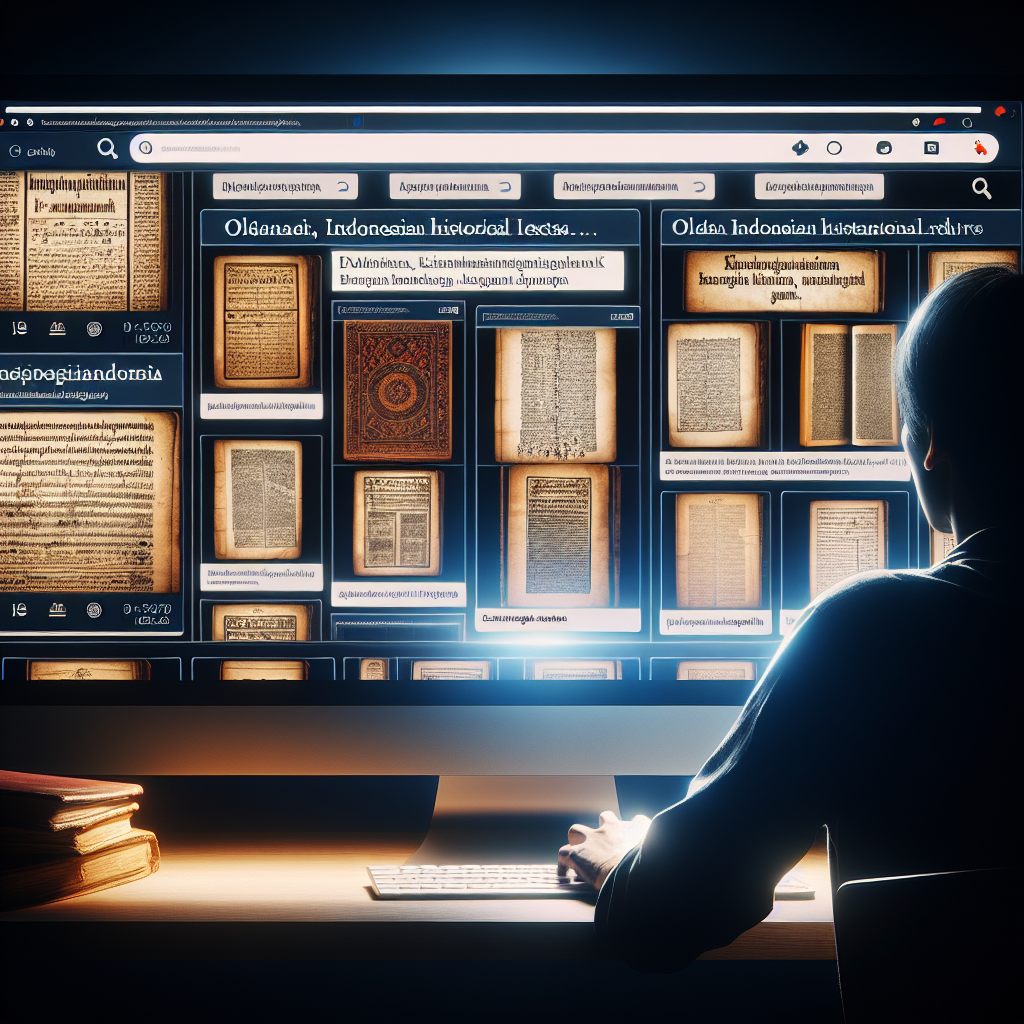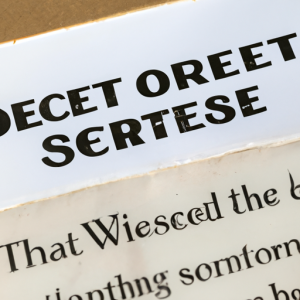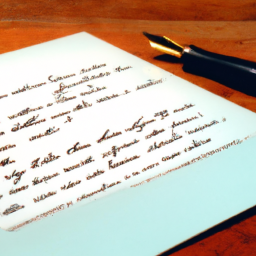
Indonesian Historical Texts Online: A New Era of Discovery
The digital revolution has transformed how we access and study the past. For enthusiasts, researchers, and students interested in Indonesian historical texts online, the internet offers unprecedented access to ancient manuscripts, rare books, and colonial archives. This article explores the significance of these texts, the best practices for accessing them online, and the broader impact of digital preservation on Indonesia’s rich cultural heritage.
The Importance of Preserving Indonesian Historical Texts
Indonesia, an archipelago with over 17,000 islands, boasts a vast tapestry of cultures, languages, and histories. Preserving and studying historical Indonesian documents is crucial for understanding the nation’s evolution from ancient kingdoms to the modern republic. These texts, ranging from kuno manuscripts to colonial-era records, offer insight into topics such as traditional law, religion, folklore, and political change.
- Ancient Manuscripts: Include palm-leaf manuscripts, lontar texts, and royal decrees.
- Colonial Records: Dutch East Indies archives, trade logs, and missionary writings.
- Local Literature: Folktales, poetry, and early printed books in Javanese, Sundanese, Balinese, and other languages.
How to Access Indonesian Historical Texts Online
With the rise of digital libraries and online archives, much of Indonesia’s documentary heritage is now accessible from anywhere in the world. These resources often provide high-resolution images, searchable texts, and expert commentary. Whether you are searching for Indonesian manuscripts online or looking to read a collection of ancient Indonesian literature, understanding how to navigate online repositories is essential.
Types of Online Resources
- Digital Manuscript Collections: Offer scanned images of rare and ancient texts.
- Open Access Libraries: Provide free access to digitized books and periodicals.
- Academic Databases: Include scholarly articles and critical editions of historical texts.
- Virtual Exhibitions: Curated selections of documents with expert interpretation.
Best Practices for Online Research
- Use specific keywords such as Indonesian manuscripts online or digitized Indonesian archives.
- Check for English translations or summaries if you are not familiar with Indonesian or regional languages.
- Utilize filtering tools for date, region, or genre to narrow your search results.
- Respect copyright and usage guidelines for downloaded or shared materials.
The Impact of Digitalization on Indonesian Heritage
The availability of Indonesian historical texts online marks a significant step in safeguarding cultural identity. Digital preservation protects fragile materials from environmental damage while allowing global audiences to engage with Indonesia’s past. Furthermore, it supports educational initiatives and collaborative research across borders.
Benefits of Online Access
- Wider Reach: Students and scholars worldwide can study Indonesian history without physical limitations.
- Community Involvement: Local communities can contribute to the identification and interpretation of historical materials.
- Innovative Research: Digital tools enable new methods of text analysis and cross-disciplinary studies.
Notable Works in Indonesian Historical Literature
The wealth of Indonesian historical documents now accessible online includes:
- Nagarakretagama: A 14th-century Javanese poem chronicling the Majapahit Empire.
- Babad Tanah Jawi: The historical chronicle of Java, blending myth and fact.
- Serat Centhini: An encyclopedic text covering Javanese culture, spirituality, and folklore.
Many of these texts are available in both their original scripts and transliterated versions, expanding their accessibility for modern readers and researchers.
Challenges and the Future of Indonesian Digital Archives
Despite progress, digitizing ancient Indonesian manuscripts presents challenges:
- Funding and Resources: Sustained investment is needed to expand and maintain digital archives.
- Technical Limitations: Some manuscripts are fragile or damaged, complicating the digitization process.
- Linguistic Barriers: Many texts are in Old Javanese, Sanskrit, or other regional languages, requiring expert translation.
Moving forward, collaborative efforts between libraries, universities, and local communities will be vital in ensuring the continued growth and accessibility of Indonesian historical texts online.
Conclusion: Embracing Indonesia’s Written Legacy in the Digital Age
The journey of exploring Indonesian historical texts online is more than an academic pursuit—it is a gateway to understanding Indonesia’s diverse heritage and the shared stories that shape its identity. As digital archives continue to grow, so too does our ability to connect with the past, ensuring that the wisdom and artistry of earlier generations remain alive for centuries to come.


